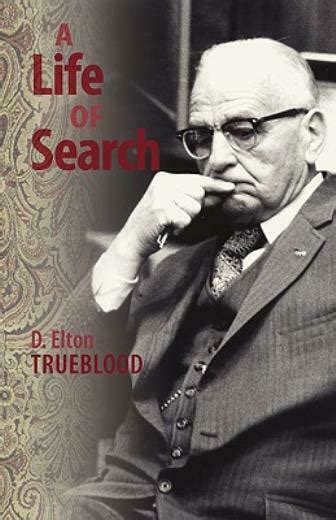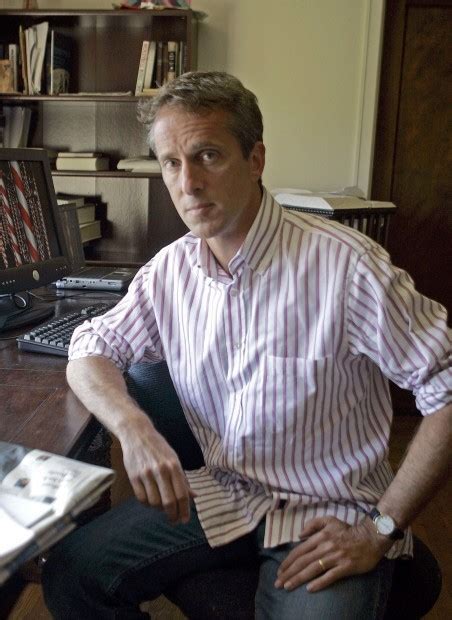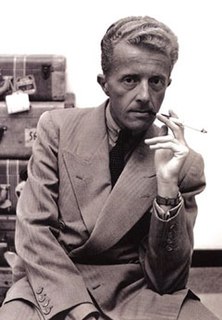A Quote by Orhan Pamuk
For the traveler we see leaning on his neighbor is an honest and well-meaning man and full of melancholy, like those Chekhov characters so laden with virtues that they never know success in life.
Related Quotes
One who knows not what his rights are can never know when they are taken and is unable to defend them. He is like a man who believes he owns a piece of ground which his neighbor also claims, but he doesn't know its boundaries. The neighbor continues to encroach further and further onto land he suspects is his, but since he is never certain where the boundary is, he cannot check the advance. Until he takes a firm position and says: "this far and no further," there is no line.
According to Chekhov," Tamaru said, rising from his chair, "once a gun appears in a story, it has to be fired." "Meaning what?" "Meaning, don't bring unnecessary props into a story. If a pistol appears, it has to be fired at some point. Chekhov liked to write stories that did away with all useless ornamentation.
But there's the rub. The present can never deliver one thing: meaning. The way of happiness and meaning are not the same. To find happiness, a man need only live in the moment; he need only live for the moment. But if he wants meaning--the meaning of his dreams, his secrets, his life--a man must reinhabit his past, however dark, and live for the future, however uncertain. Thus nature dangles happiness and meaning before us all, insisting only that we choose between them.
You are right,” he had said. “Love is not the word. No one can love his neighbor. Say, rather, ‘Know thy neighbor as thyself.” That is, comprehend his hardships and understand his position, deal with his faults as gently as with your own. Do not judge him where you do not judge yourself. Madame, this is the meaning of the word love.
Like other magicians, Obama has chosen his distractions well. The insurance industry is currently his favorite distraction as scapegoats, after he has tried to demonize doctors without much success . . . . Obama even gets away with saying things like having a system to 'keep insurance companies honest' - and many people may not see the painful irony in politicians trying to keep other people honest.
When compiling his great dictionary, the young Noah Webster travels to the Himalayas, where he climbs to the cave of the world's wises man. 'O, great sage,' he says, 'tell me the meaning of life.' The sage sits Noah at his feet and, with great solemnity, commences to unfold the meaning of life. When finished, he places a hand on the young man's shoulder and says, 'Do you have any other questions, my son?' Noah flips a page in his notebook and says, 'You wouldn't know the meaning of lift, would you?'







































